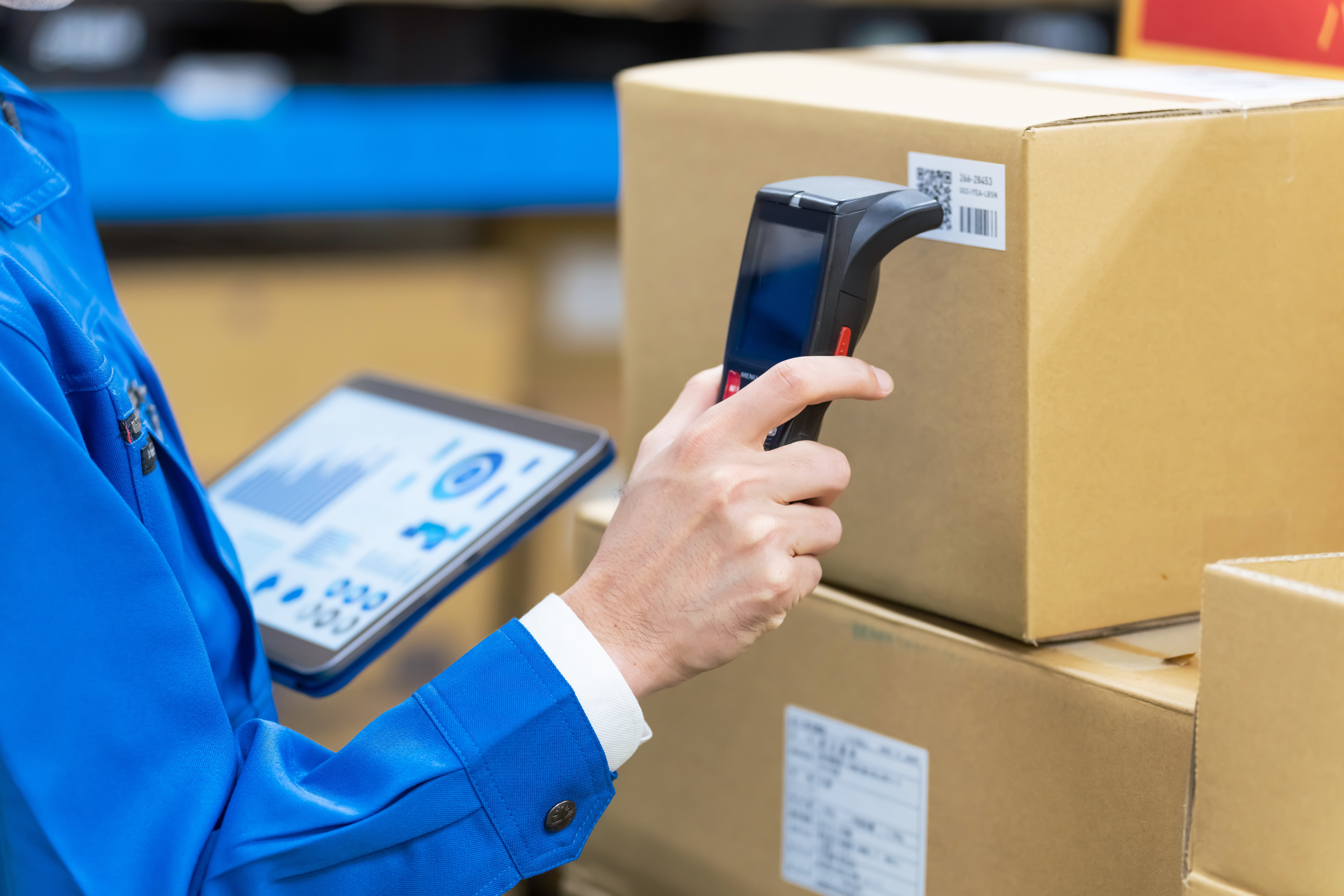AI-Fueled Voice Shopping to Change Ecommerce Landscape
July 17, 2023

Developments in A.I. technology – like Amazon’s Alexa – are poised to reshape ecommerce and consumer behavior. As a result, online sellers will need to adapt to new product search methods powered by A.I. in order to stay on top of the trend.
“You will never go to a search site again, you will never go to a productivity site, you’ll never go to Amazon again,” said Bill Gates at a recent start-up conference discussing the possibilities of A.I. voice assistants.
That doesn’t mean shoppers won’t continue to shop on Amazon and other ecommerce marketplaces. What Gates means is that A.I. assistants will browse these marketplaces and purchase products for users through voice commands, a service known as “voice shopping.”
Amazon is already spearheading efforts to capitalize on this exciting technology and has launched their own version of voice shopping through its A.I. voice assistant, Alexa. By issuing verbal commands to Alexa, Amazon shoppers can browse for items, add orders to their Amazon cart, and even check on delivery status.
However, Amazon’s competitors are hot on their heels. TikTok recently announced their own plan to launch a voice shopping A.I. assistant with the hopes of expanding their social-media driven ecommerce infrastructure. Traditional tech giants, such as Google, also continue to develop their Google Assistant to process shopping needs.
These companies are investing in A.I. and voice shopping technology because market data indicates a growing trend.
Analysts at ReadyCloud found that voice shopping is on track to reach nearly $20 billion in sales by the end of 2022, rising from $2 billion reported in 2018. Their surveys found 71% of consumers prefer voice searches rather than manual queries, and 60% of U.S. online shoppers make daily or weekly purchase through voice assistants.
More generally, heavy dependence on mobile devices is seen as a positive indicator for the future of A.I.-led voice shopping. Sales derived from smart phones and speakers – the technology primarily used for voice shopping – is predicted to nearly double from $360 billion in 2021 to $710 billion in 2025. Even today, an estimated 73% of all ecommerce sales were purchased through mobile devices.
Convenience and personalization are key to the rising popularity of voice shopping: A.I. assistants have the potential to curate experiences specific to each shopper’s needs while simultaneously expediting the shopping experience.
The rise of voice shopping presents new challenges for online sellers looking to adapt their marketing strategies. Today, maximizing search engine optimization (SEO) of product listings through using highly searched keywords is essential to make sure products are seen on busy marketplaces, like Amazon. As A.I.-led product searches become more popular, it could be crucial for sellers to utilize new kinds of keywords to optimize their listings and make the most of voice shoppers.
View More Insights
Ready to scale your business?
Talk with one of our ecommerce experts.




